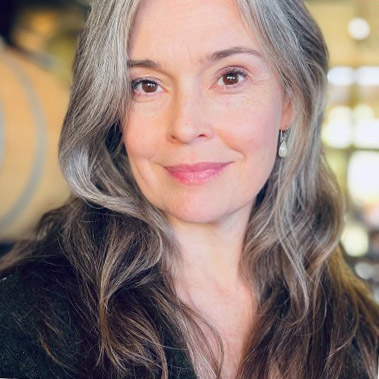Presenter Profile

Wendy Blair Stephan, PhD, MPH
Florida Poison Information Center - Miami
University of Miami/Jackson Memorial Hospital
wstephan@med.miami.edu
Dr. Wendy Stephan is the educator and epidemiologist for the Florida Poison Information Center in Miami. For the last 17 years, Wendy has promoted the use of poison control and worked to prevent poisonings of all kinds, including from medication, household chemicals, and environmental hazards. Wendy completed her PhD in Epidemiology and her Master of Public Health degree at the University of Miami and currently serves on the Board of Directors of America’s Poison Centers.
Presentations
Florida's Poison Control Centers Treat, Educate & Prevent
Wendy Stephan, PhD MPH CHES
Around the country, the nation's 55 poison control centers take calls to the 24-hour 1-800-222-1222 Poison Help line, providing free, confidential triage services to poisoned patients and/or their caregivers. But poison centers also offer educational services to help prevent poisonings. While children under 5 now account for only 0.02% of fatal poisonings in the U.S., we see increasing fatalities in teens and tweens, including from self-harm. Thankfully, the techniques used to prevent these poisonings are similar to those we've always taught new parents: identify the hazardous products, reduce access, and respond fast. As the second most populous state in the nation, Florida is a microcosm of national poison trends, and Florida's Poison Control Centers are working to meet these needs head on.
Florida's three poison centers leverage partnerships, traditional and social media, and remote/face to face events to reach 18 million residents with information about poison safety and the Poison Help line. Each poison center has educators on staff, in addition to the doctors, nurses and pharmacists treating poisonings on the hotline, 24/7. Poison center educators present data on current poisoning trends, effective prevention techniques and create materials and messaging for injury prevention partners of all stripes. Utilizing traditional partners in child safety, but also new partners in drug abuse prevention and harm reduction, poison center educators, guided by incidence data, now highlight medicine and drug overdose as the major poison threat to children and youth today. Eschewing an exclusive focus on small children, poison center educators work with families, schools and communities to protect tweens and tweens -- with a goal of creating safer adults.
In 2023, Florida Poison Control Centers and their trained partners delivered 5,597 educational programs to over a million participants. The Centers also delieverd over100,000 educational materials including magnets, stickers, posters and brochures promoting popison safety and poison centers' services. Florida's Poison Centers also managed 54,000 exposure calls about children 19 and under, providing immediate assessment and treatment guidance. Despite these diligent activities, fatal poisonings in youth continue to increase, with 94 fatal poisonings in children aged 19 and under logged by the Florida Department of Health in 2022, with almost all of them involving drugs (93/94) and the bulk (79%) occurring in teens.
Despite increases in prevention activities and expanded work with partners, more Florida youth are dying from poisoning. While the need remains to urge families with young children to lock up household cleaners and chemicals, poison safety activities must expand to address the presence of drugs in homes and the risks associated with new products on markets legal and illegal. Florida's Poison Control Centers welcome the assistance of injury prevention partners like the Injury Free Coalition for Kids and looks forward to tackling the modern problem of poisoning in our youth.
1. Most fatal poisonings in children today involve drug use in teens.
2. Traditional poison prevention techniques can be expanded to protect youth.
3. Poison control centers are important partners in preventing poisonings in all youth, not only toddlers.
